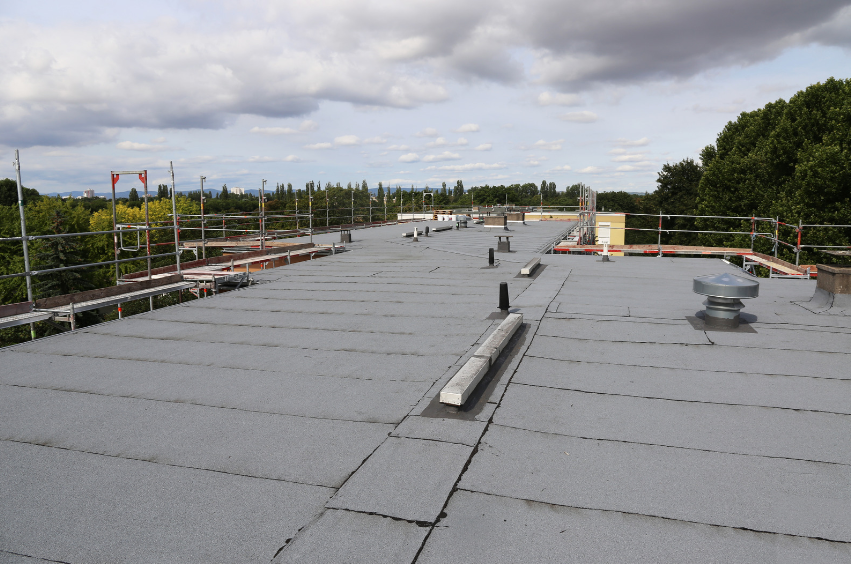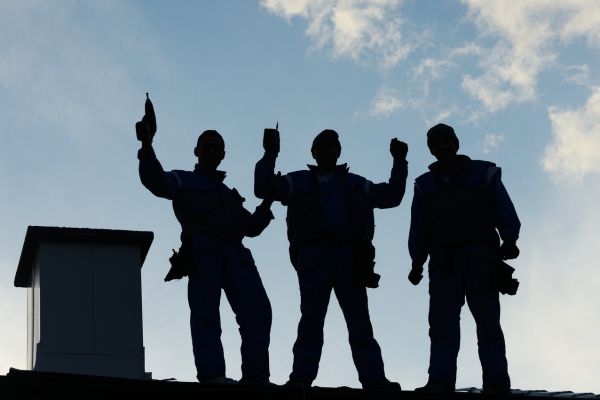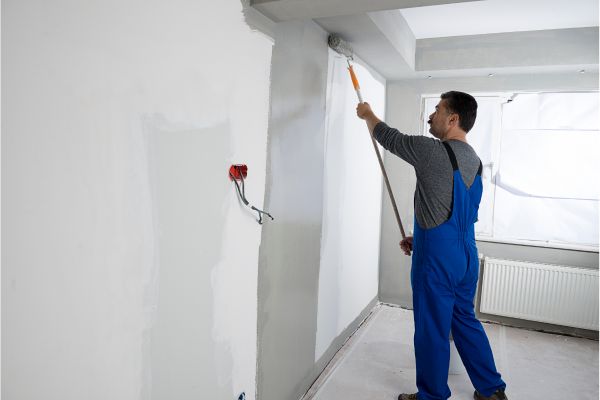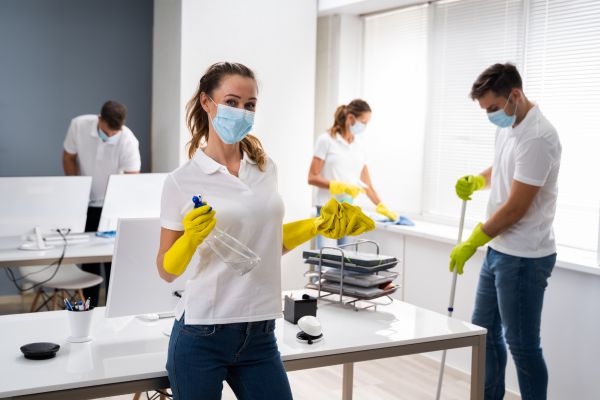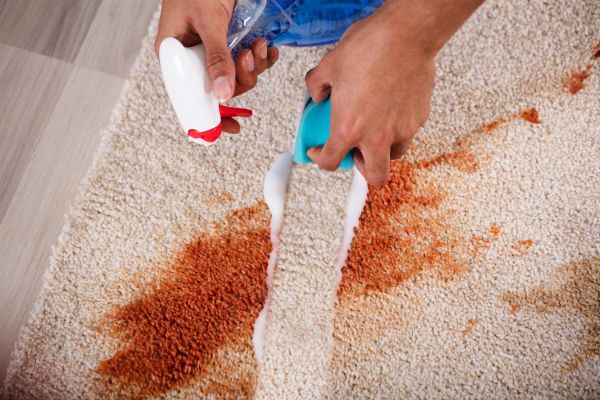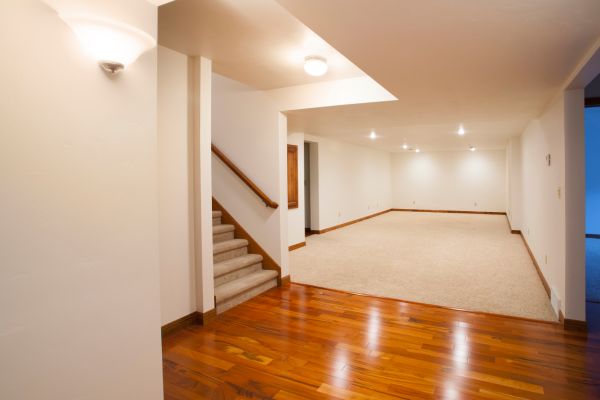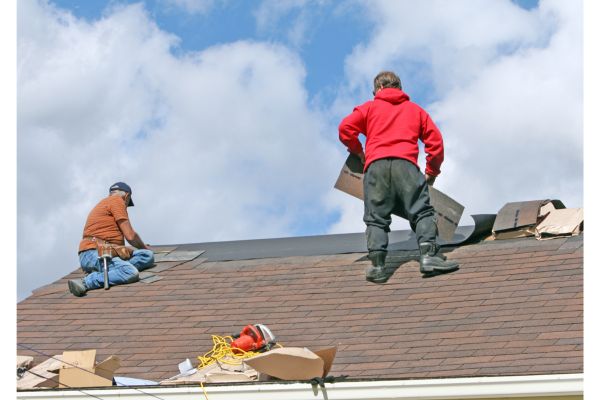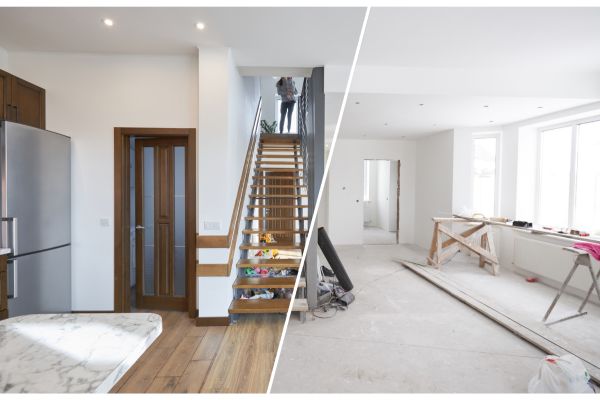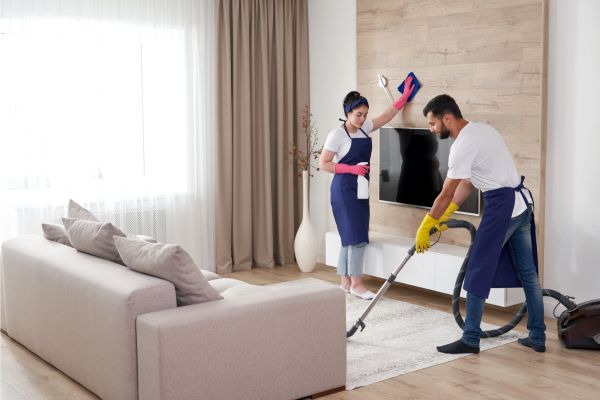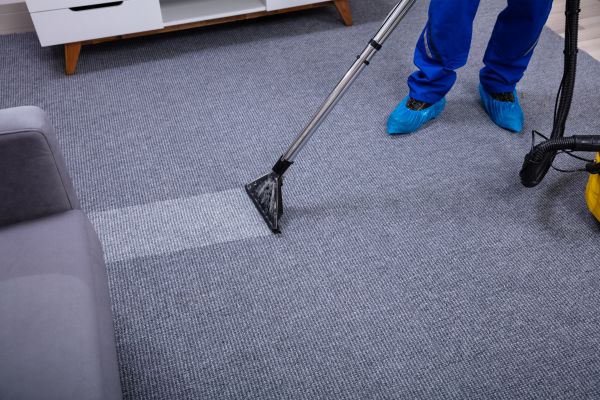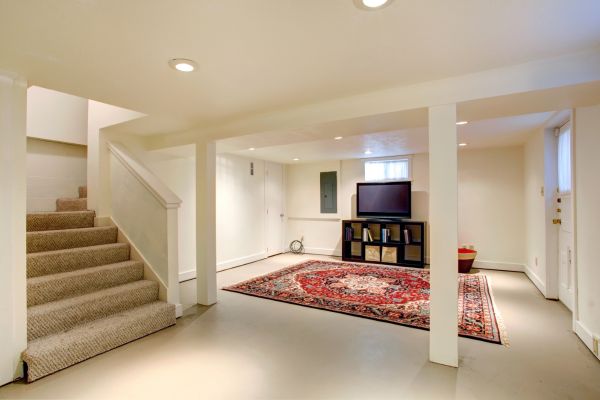Did you know that water damage is one of the leading causes of structural problems in buildings? Waterproofing is a crucial measure to prevent such damage and ensure the longevity of your property. By applying effective waterproofing techniques, you can significantly enhance your building’s durability, safeguarding it against the detrimental effects of moisture and water intrusion.
Understanding Waterproofing
Waterproofing refers to the process of making a building resistant to water penetration. This involves using various systems and materials designed to prevent water from infiltrating the structure. There are several types of waterproofing systems available. Exterior waterproofing includes methods like membranes and coatings that shield the outer walls of a building. Interior waterproofing involves sealants and drainage solutions to manage any water that does get inside. For roofs, waterproofing solutions such as coatings and membranes protect against leaks. Understanding these systems helps in choosing the right waterproofing approach for your building.
The Impact of Water Damage on Buildings
Water damage can wreak havoc on buildings if not properly addressed. Common causes include leaks, poor drainage systems, and adverse weather conditions. The consequences are severe: water can weaken the structure, lead to mold growth, and deteriorate building materials. Without effective waterproofing, these issues can escalate, compromising the safety and stability of your building. Waterproofing serves as a preventive measure, mitigating the risks associated with water damage and preserving the integrity of your property.
How Waterproofing Enhances Building Durability
Waterproofing plays a pivotal role in enhancing building durability by protecting against various forms of water damage. It prevents erosion of foundations, which is essential for maintaining the structural integrity of the building. By reducing the risk of cracks and leaks, waterproofing ensures that the building remains strong and resilient over time. Additionally, waterproofing extends the longevity of building materials. For concrete and masonry, it preserves their strength and appearance. For wooden and metal components, it prevents issues such as rust and rot. In essence, waterproofing is integral to maintaining a building’s durability and extending its lifespan.
Choosing the Right Waterproofing Solution
Selecting the appropriate waterproofing solution involves several considerations. The type of building—whether residential or commercial—determines the most suitable waterproofing methods. Climate and environmental conditions also play a crucial role, as different weather patterns can impact the effectiveness of various waterproofing systems. Budget and maintenance requirements are additional factors to weigh; while some solutions might be more cost-effective initially, others may offer greater long-term benefits. Consulting with professionals ensures that you choose the best waterproofing approach tailored to your specific needs.
Maintaining Your Waterproofing System
Proper maintenance of your waterproofing system is essential for long-lasting effectiveness. Regular inspections help identify and address any issues before they escalate. Common problems with waterproofing systems include wear and tear, which can be managed with timely repairs. Effective waterproofing maintenance ensures that your building remains protected from water damage and continues to benefit from enhanced durability.
Takeaway
Waterproofing is a vital investment for enhancing your building’s durability. By preventing water damage and preserving building materials, waterproofing contributes significantly to the longevity and stability of your property. If you haven’t considered waterproofing for your building, now is the time to explore its benefits. Investing in waterproofing solutions today can lead to substantial long-term gains, protecting your property and ensuring its durability for years to come.

